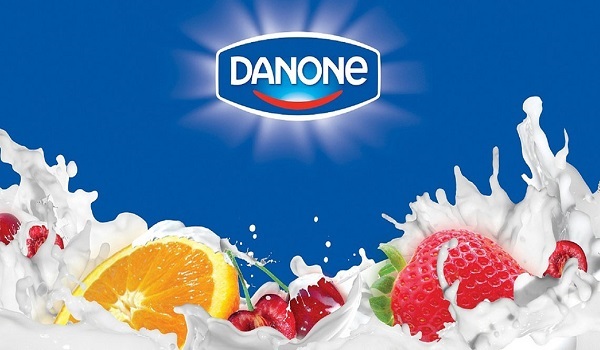Danone, a global dairy giant, has announced a partnership with Microsoft to integrate artificial intelligence throughout its supply chain. The initiative, known as the Danone Microsoft AI Academy, aims to train 100,000 employees in AI skills relevant to the “AI-driven economy,” according to the company’s announcement on Wednesday.
The programme will focus on enhancing employees’ experience with AI, including the use of predictive forecasting and real-time operational adjustments. This collaboration builds upon Danone’s recent Danskills initiative, which was launched to “upskill and reskill” workers for future job roles. So far, 50,000 employees have been trained to use AI tools like Microsoft Copilot, a large language model chatbot.
Danone’s new partnership with Microsoft is part of a broader trend among food and beverage processors to leverage AI for improved efficiency and competitiveness.
Juergen Esser, Danone’s CFO, emphasized in the press release that the partnership will provide the necessary technology to enhance the company’s efficiency, consumer engagement, and data analysis capabilities.
“Working together is not just about technology; it’s about fostering a culture of continuous learning, innovation, and performance across our organisation,” Esser said.
This collaboration gives Danone access to Microsoft’s suite of AI tools, enhancing its technological capabilities. Microsoft’s significant investment in AI, including its partnership with ChatGPT maker OpenAI, positions it as a leading player in the tech space.
Other major beverage companies are also turning to Microsoft for its AI expertise. In April, Coca-Cola announced a $1.1 billion investment in Microsoft’s cloud and AI services to boost efficiency and foster innovation. Similarly, PepsiCo is exploring AI applications, such as an AI Hydration Coach assistant for Gatorade consumers.
AI is becoming a critical tool for food and beverage companies to enhance product appeal. Unilever, for example, uses AI to improve product shelf life, texture, and taste, resulting in launches like Hellman’s Vegan Mayonnaise and Knorr Zero Salt Cube. Kellanova, the snacking company formed from the split of Kellogg’s businesses last year, employs machine learning to forecast demand and adjust inventory accordingly.


